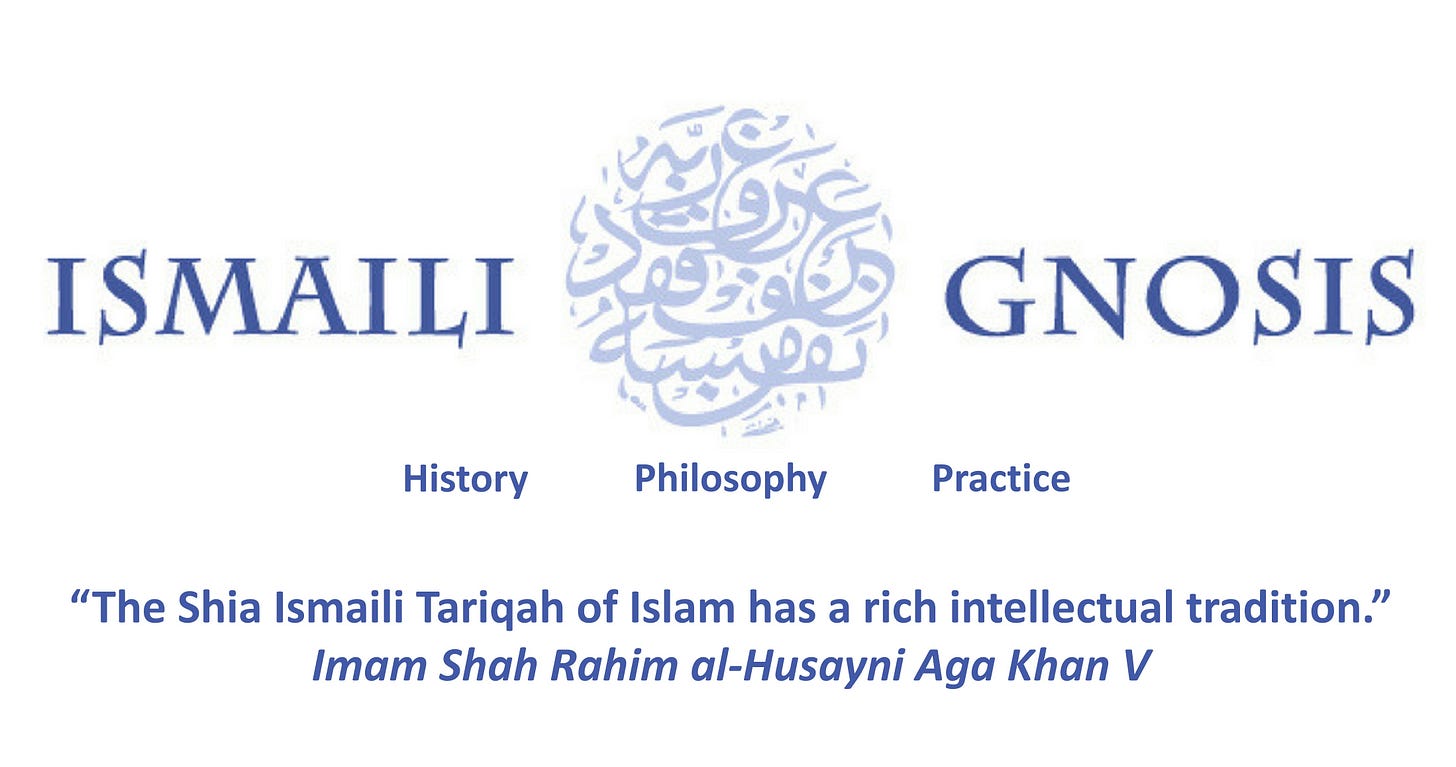Iqra: Muhammad Meditated upon the Name of God as the Qur’an was Revealed
Abstract: According to traditional interpretations, the first verse of the Qur’ān (iqra bi-smi rabbika) merely commands the Prophet Muhammad to read aloud the verses of the Qur’ān. But based on early Muslim tradition and the rules of Arabic grammar, the Qur’an’s earliest verses actually show that Muhammad was engaged in a form of mystical meditation, consisting of repeating and reciting a special Name of God, when the Qur’an was revealed to him. This interpretation has profound implications on how Muslims should understand the spirituality of a prophet: every prophet undergoes a spiritual initiation which includes rigorous spiritual training, the performance of mystical practices like meditation using a special Name of God.





